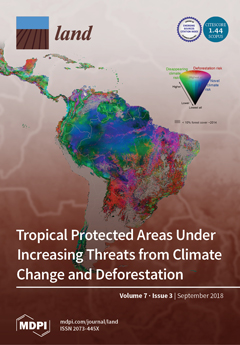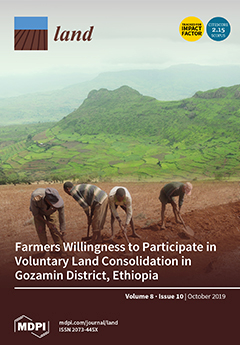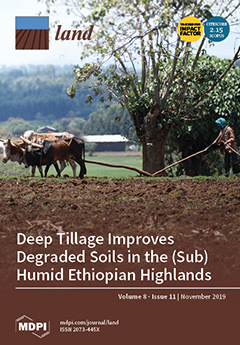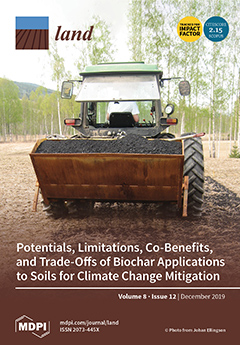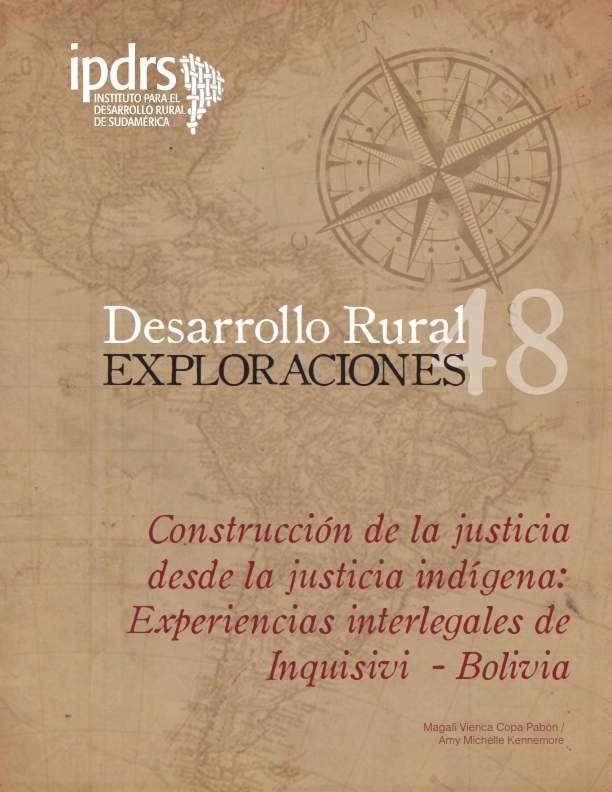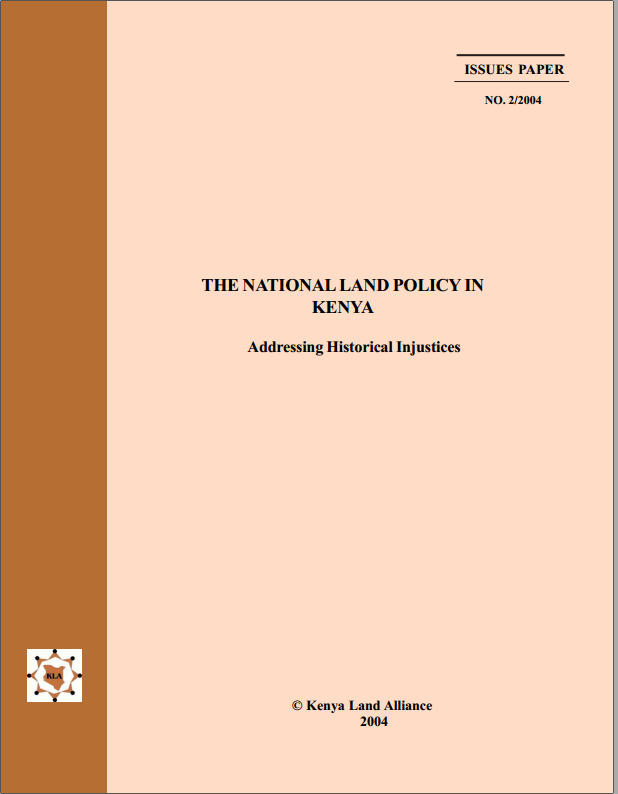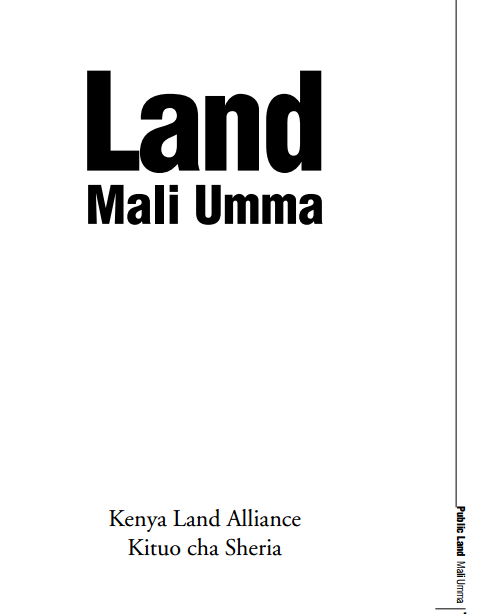Report on measures to harmonize livestock development policies in Africa: the performance of the sector and the impact of structural adjustment programmes
The present paper was prepared as part of the work programme of food and agriculture for the 1988-1989 biennium. It constitutes element 2.4 on multinational co-operation on livestock development in Africa and it focuses on the performance of the sector in the face of government intervention and the structural adjustment programmes (SAP). The effect of the SAP on the achievement of increased collective self-sufficiency and self-reliance in animal food production and supply was given particular attention.


